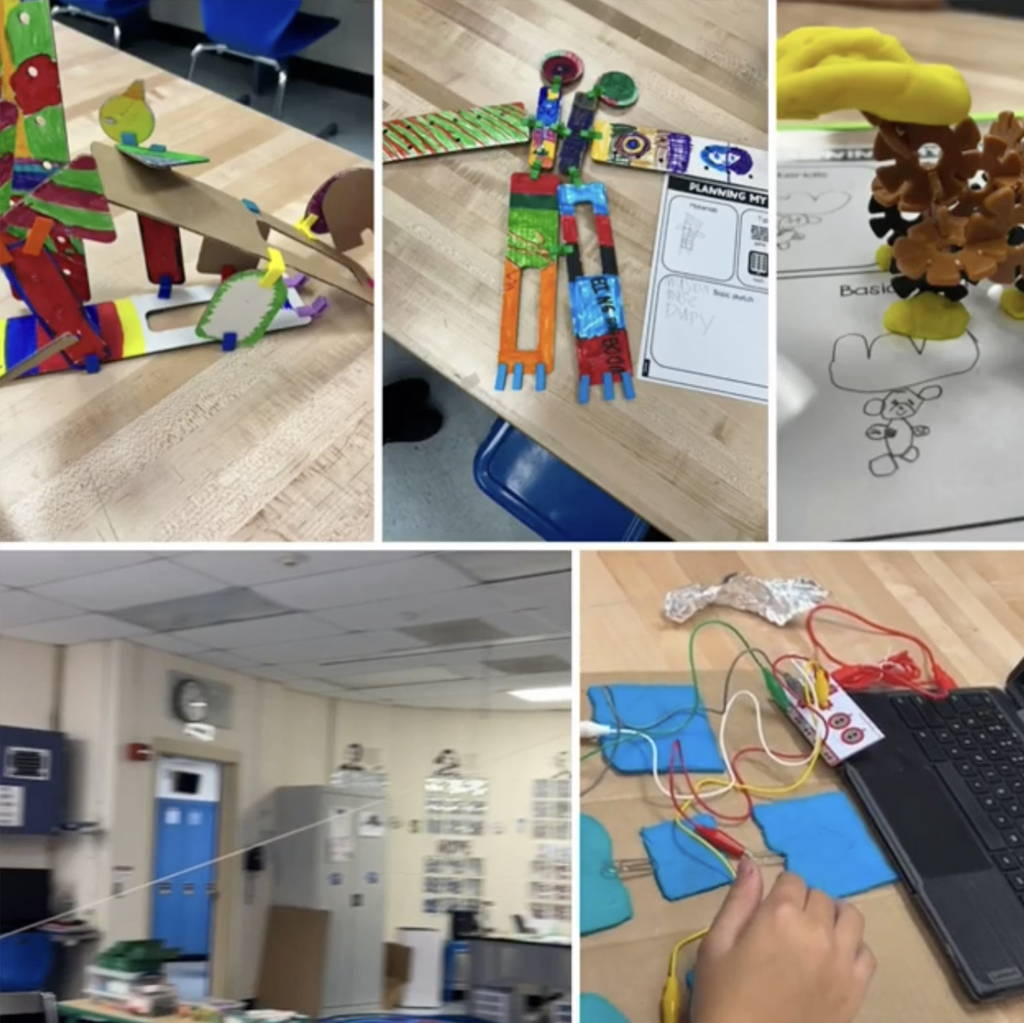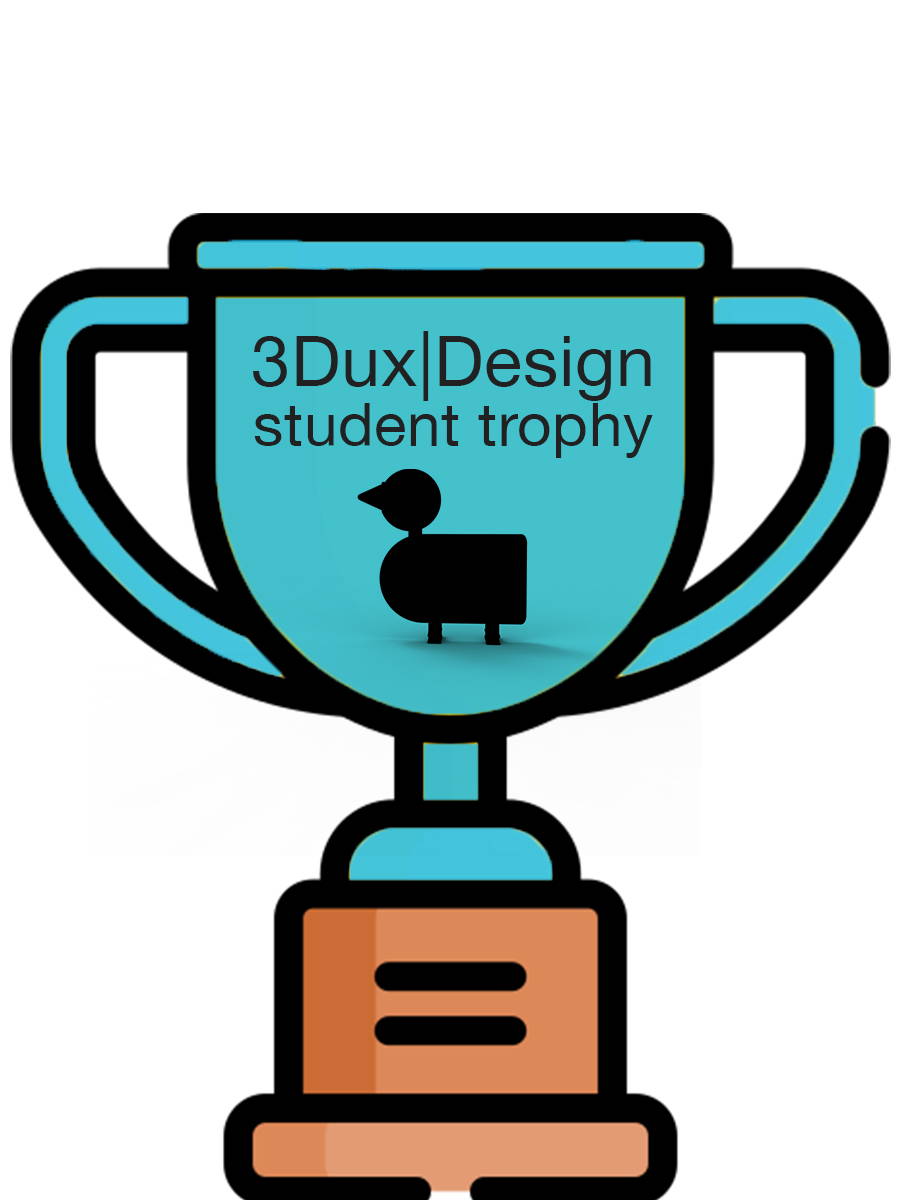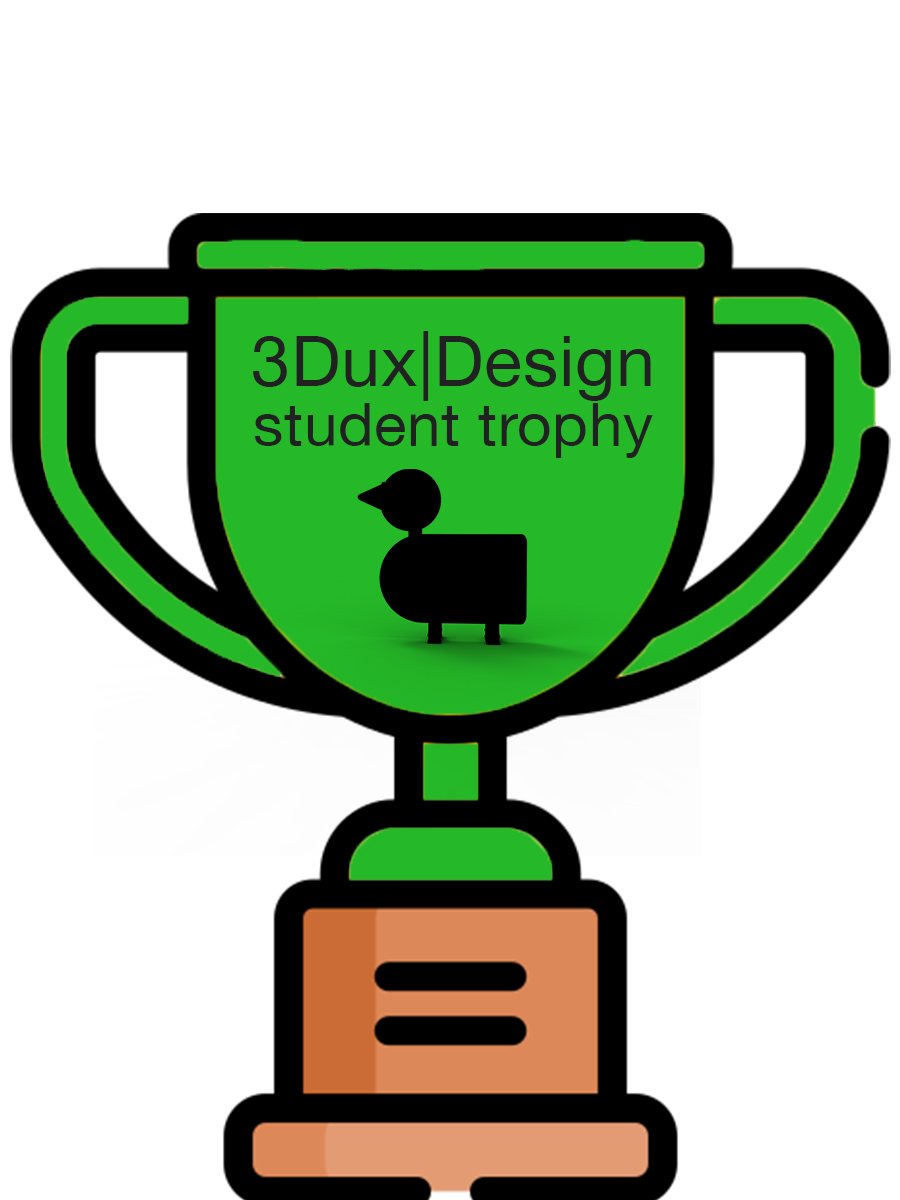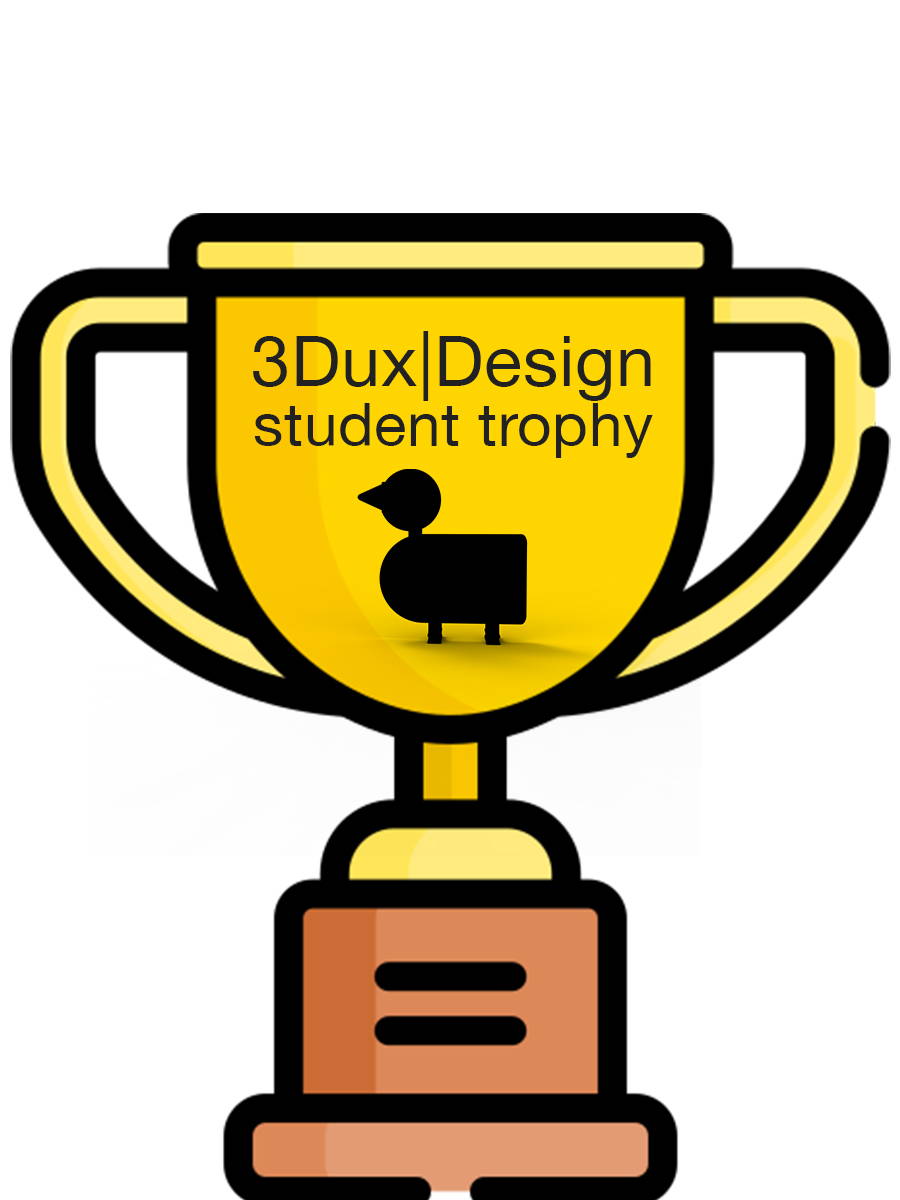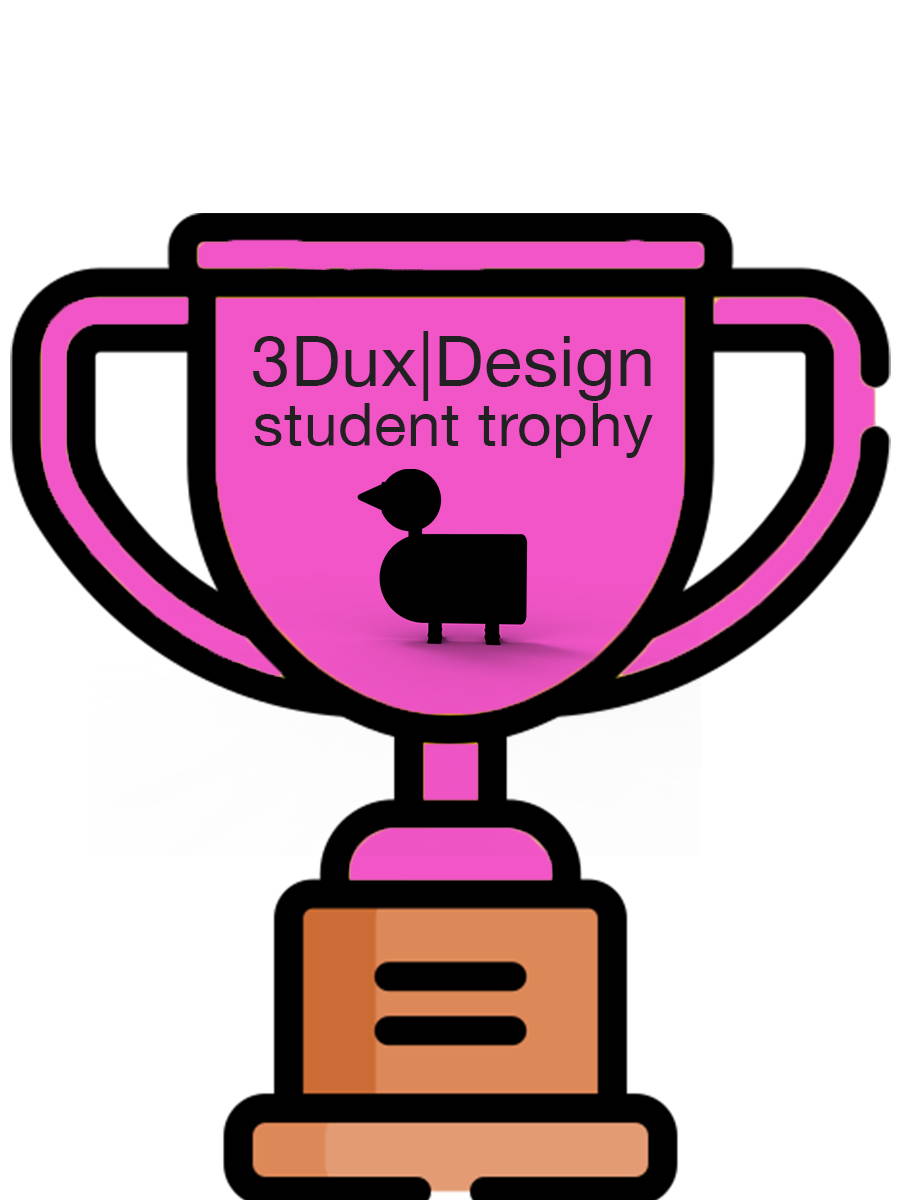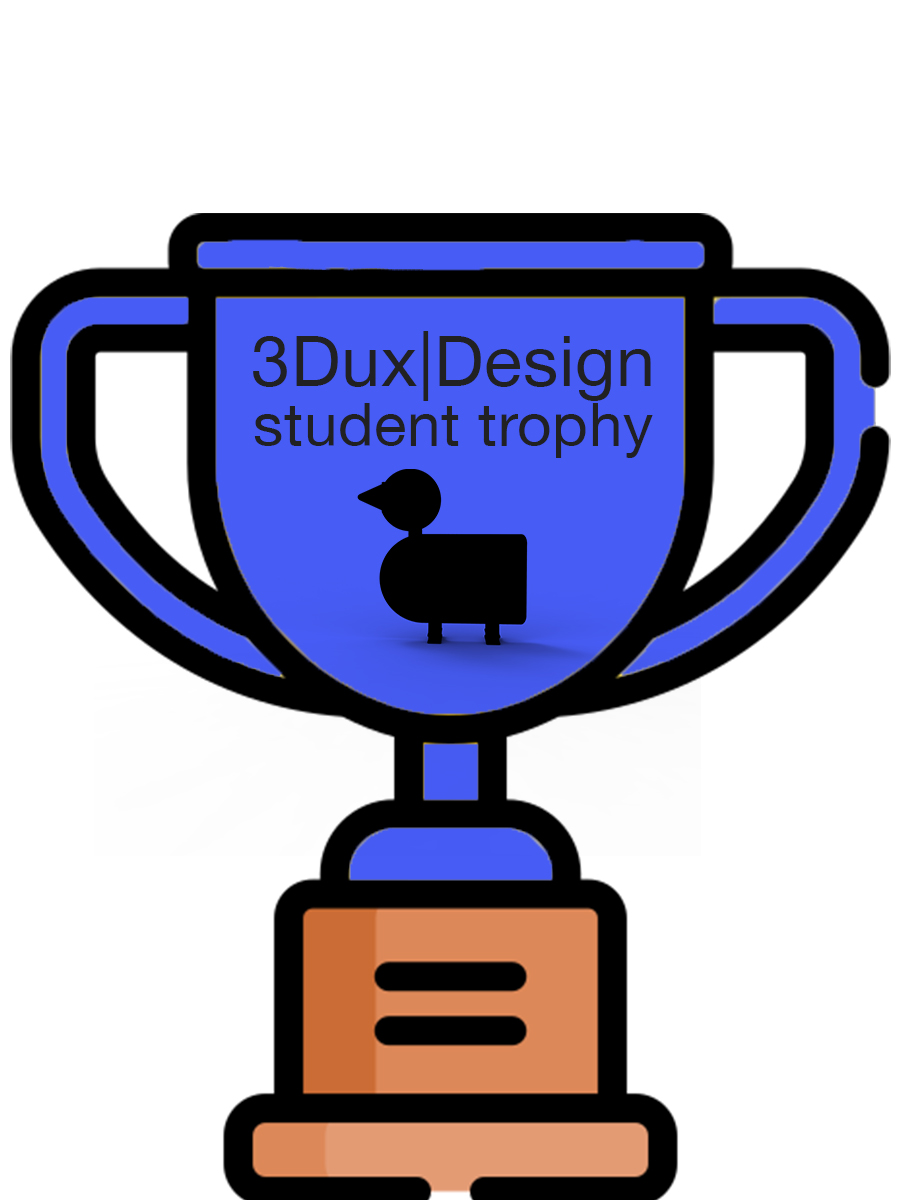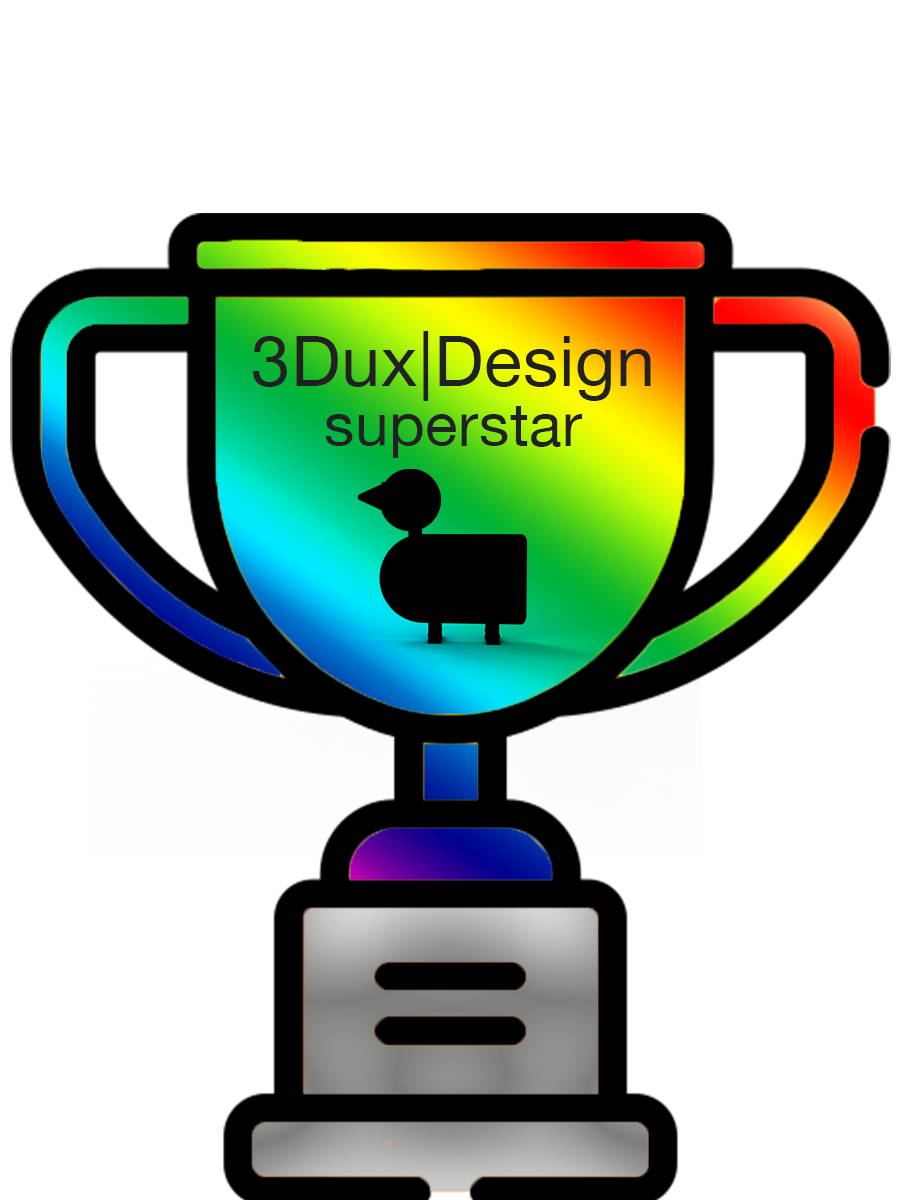3DUXUNIVERSITY GOLD STAR PROJECT:
alphabet city
Engineers: central N.j. kinders
A word about the project from k-6 STEAM Director and Tech Coach, Ms. Stacia Rothrock
When I attended the 3Dux Build A Bot session during NJ CS PD Week, I was about to start a new job teaching STEAM and needed resources for K-6. This hands-on workshop allowed me to build an animal and its habitat with simple resources that could be applicable to multiple grade levels and best of all, these resources were all standards-aligned. Afterwards, I learned I was the lucky winner of a Go Box and, fortunately, the librarian at my new school also had 3Dux materials she willingly shared with me to get started.

The First Project...
Late Sunday night, I was wondering what I’ll do with my three Kindergarten classes the next day, I thought about what I had and saw the Alphabet City lesson on the 3Dux website. Coincidentally, our school library had the recommended book, Albert’s Alphabet by Leslie Tryon. What started off as one lesson, ended up being a one month unit involving classroom aides and students eager to add on to their classmates letters each week. The first week, students listened to the book and drew plans to build the letters. The second week, students brainstormed things that started with those letters and began decorating them. The third and fourth week, students added googly eyes, pipe cleaners, yarn, and other materials to make the letters look like the object. Each week, students added to another student’s work. When our alphabet was finished, we proudly displayed them in the showcase outside the library.
Building Eco-Bots with 5th Graders...
After the kinders copleted their alphabet, Ms. Rothrock moved on to a bigger challenge for her 5th grade class. They were tasked to build a bot with a real-world focus: endangered species and climate change. One group designed a land-based ecosystem to support pollinators and other threatened creatures. They built trees to provide food and shelter, while also helping reduce greenhouse gases—tying their design into larger environmental goals. The second group explored life under the sea, creating a habitat to protect fish, coral reefs, and bottom dwellers. Their underwater world included plants and structures to keep the ocean ecosystem healthy and balanced. Both groups blended creativity with purpose, using design and engineering to imagine solutions that support life on land and in the sea.
One if by Land...
Two if by Sea...
Product Mash-ups - Indie, Makey Makey and more!!!
Student STEM Awards
See more Student Projects...

